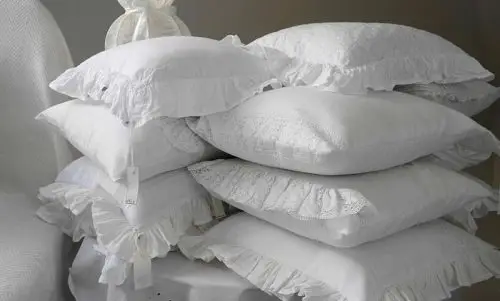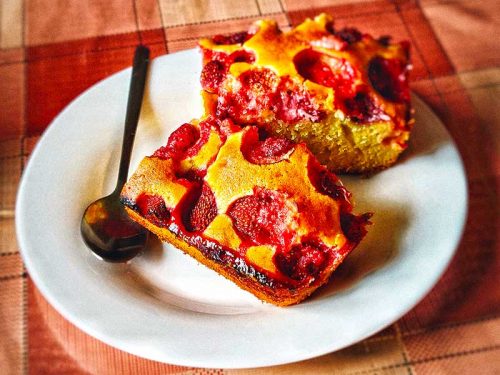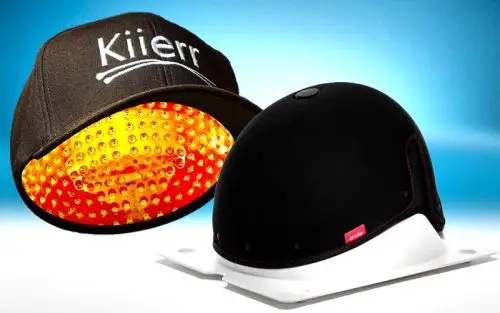Seasoning of Cast Iron With Coconut Oil: A very much prepared skillet has a sparkly, smooth, nonstick surface. On the off chance that food begins adhering to the surface or the skillet seems dull, it’s an ideal opportunity to re-season the skillet.
Sometimes as we cook some practices, such as cooking acidic foods, using excessive heat, or scrubbing with abrasive utensils or scouring pads, can remove some seasoning.
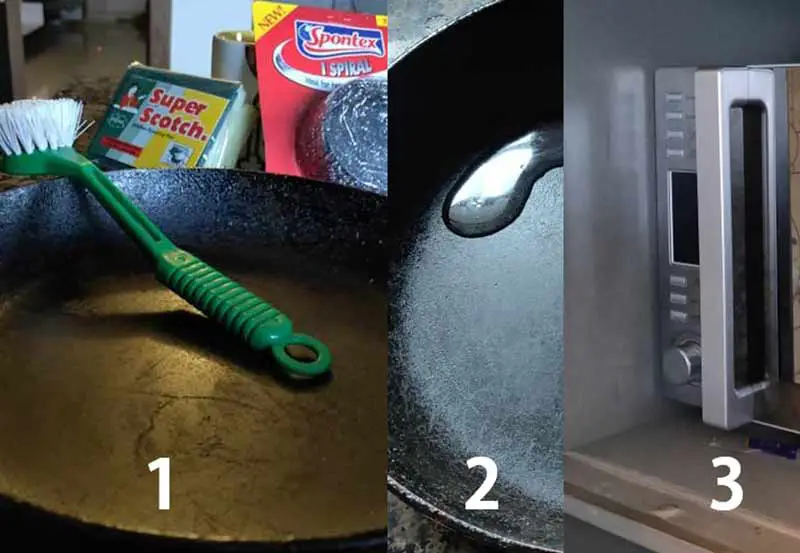
Inspiring your journey, one story at a time. #LifeFalcon.
So now the question arises what can we do to season a cast iron pan?
In order to create a corrosion-resistant and stick-resistant coating, seasoning or curing is the method of treating the surface of a cooking vessel with heated fat or oil. For materials such as cast-iron and steel cookware, which otherwise rust easily when heated in the presence of oxygen and water, even in small amounts, such as drippings from dry meat, seasoning is needed.
Some of these are pre-seasoned by suppliers, but consumers need to season much of it. Materials such as Stainless steel and cast aluminum do not need corrosion safety, but seasoning prevents adhesion/sticking.
There are few ways to avoid corrosion and to help give the cooking surface an easy-to-release finish, the best way to season cast iron is by baking a coat of oil on the iron. It should be noted that cooking in cast iron will add the requisite iron to the die.
To season your cast-iron skillet, you can use any oil or fat, but the best oil for cooking cast iron is one with a high smoke point, such as vegetable or canola oil.
Cast iron is solid and if appropriately dealt with, it very well may be passed down from age to age. When the dishes are appropriately prepared, they are low upkeep and safe option in contrast to different pots and skillets.
Cast iron is higher than copper in heat capacity but lower than stainless steel or aluminum in heat capacity. Cast iron, however, is denser than aluminum and retains more heat per unit volume. In addition, cast iron pans are usually stronger than other material pans of comparable sizes.
The combination of these factors results in the ability of cast iron pans to retain more heat longer than pans of copper, aluminum, or stainless steel. Slow heating over a suitable sized burner (or in an oven) will lead to a more even distribution of temperature.
Table of Content
Seasoning with coconut oil
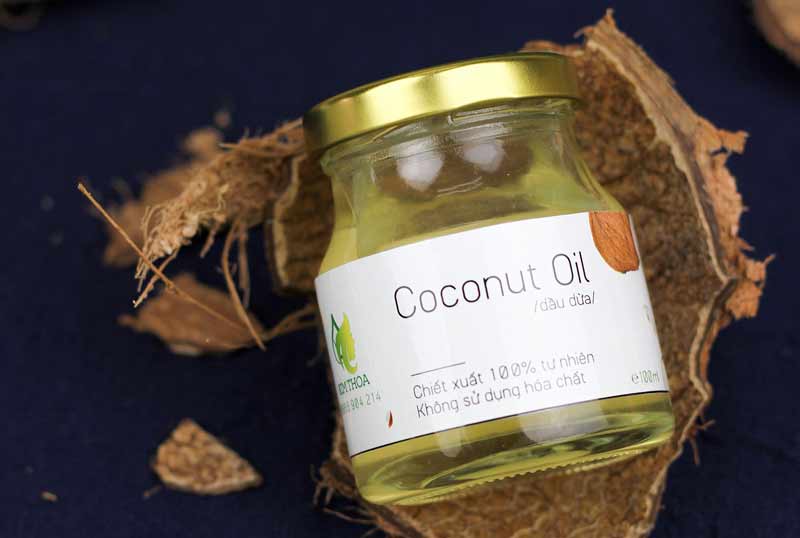
There are in a real sense several utilizations for coconut oil and the rundown just keeps on developing. As well as being part of a balanced diet and used for a wide range of beauty applications, coconut oil can also be used for a variety of other items.
We can also use coconut oil for seasoning but it is recommended that if we use coconut oil then it should be a refined one as it has a high smoke point and also because there is also less of an overt coconut taste in processed coconut oil.
Coconut oil, which makes it a potent germ killer, has natural antimicrobial properties. Research has shown that bacteria, yeast, fungi and enveloped viruses are microorganisms that are inactivated by coconut oil.
It is generally suggested that after using cast-iron we should wash it immediately for better maintenance and should scrub out your pan with hot water and a sponge or stiff brush and do not use soap.
Tools for seasoning
There are a few basic tools that we need, which are as follows:
- Cast-iron pan
- Coconut oil
- Sponge/cloth
- Oven
Steps for seasoning
Remember that the seasoning of cast iron is a progressing cycle. Each time you cook something in the dish, it is helping season it somewhat more. You’ll regularly see that your skillet will get more obscure after numerous employment. All things considered, there are times when the seasoning may have been scoured off, or maybe the cast iron has begun to rust a bit. Hence it’s a sign that we need to season the pan.
This technique applies a more extensive seasoning layer to the entire skillet, reinforcing the iron bond. Seasoning your cast iron a few times a year in the oven can be helpful.
Follow the steps given below
Scrub your pan
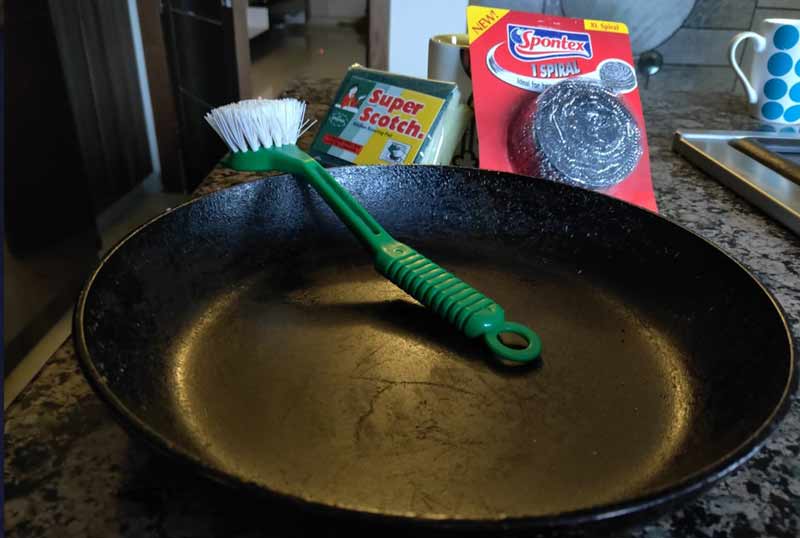
- Before anything, wash your pot with a sponge or scrub and dry it with a cloth.
- Preheat to 325°F in your oven. While the oven is cold, put a sheet pan or some foil over your oven’s lower rack. If you want, your pans can also be seasoned on a grill. It holds the mess and possible smoke outdoors.
Apply oil
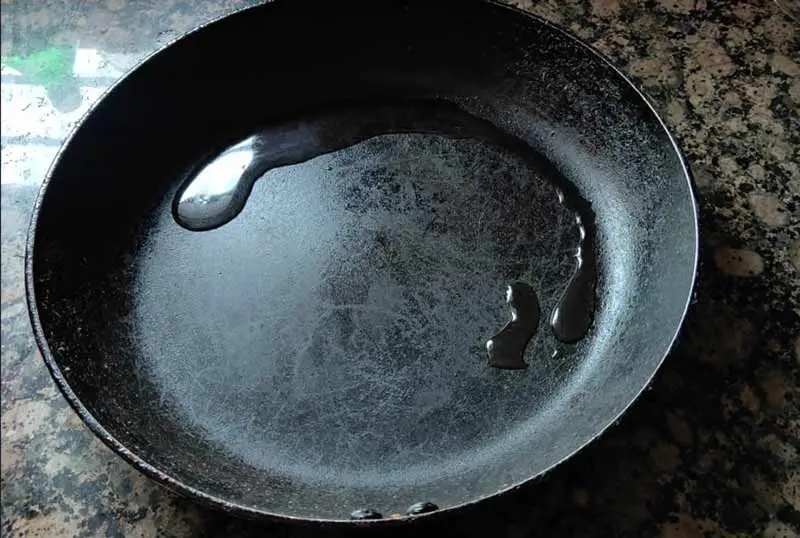
- Using a perfect, dry fabric or paper towel, rub the oil into the outside of the skillet, trying to cover the base and sides altogether. Likewise, rub oil around the external surface of the skillet, including base and sides.
- On your top oven rack, put your pan face down.
Baking

- Bake for 1 hour in the oven. There is a risk of smoke, so it is prefered to keep the stove fan going and if possible, open the windows.
- Let the skillet cool completely before you remove it from the oven and then repeat as needed. Often one session is all you need, but for a stronger bond, you will need to repeat the procedure a few times if it is a clean, unseasoned pan, or one that has had the seasoning rubbed off.
Appropriately prepared skillet won’t routinely be re-seasoned, yet in the event that you see that the dark covering is wearing off, experience any rusting, or oversee uncoated metal appearing, at that point, it’s an ideal opportunity to re-season. Each time you wash your skillet, dry it completely and rub a little coconut oil into the container. You can utilize a dry towel to eliminate any excess oil and this will help save the prepared seasoning on the dish.
Commonly Asked Questions
What is the best oil to use for seasoning cast iron?
All cooking oils and fats may be used for seasoning cast iron, but Lodge prefers vegetable oil, melted shortening, or canola oil, such as our Seasoning Spray, based on availability, affordability, quality, and having a high smoke point.
Can you season cast iron with unrefined coconut oil?
You may also opt to try seasoning coconut oil with cast iron. You’ll want to go for refined coconut oil if you use coconut oil, which has a smoke point of around 400 to 450 degrees Fahrenheit from the Harvard T.H. Chan School of Public Health notes (as opposed to unrefined coconut oil, which has a lower smoke point).
Does coconut oil go bad?
The good news is that there is a naturally long shelf life for coconut oil: around two years. Don’t worry if you don’t know exactly when you purchased the last container of coconut oil. Most jars of coconut oil are labelled with a “Best By” date, so you know when it is time to replace your stash.
How do you fix a sticky cast iron seasoning?
If the seasoning is oily in your pan, this is a sign of the cookware being built up with excess oil. The Fix: Put the cookware upside down on the top rack of the oven to remedy stickiness and bake for one hour at 450-500 degrees F. If required, allow it to cool and repeat.
What is the safest way to remove the remaining food that is stuck on the surface of cast iron?
Once you have washed it, if there is any leftover food stuck to your skillet, scrub the pan with a paste of kosher salt mixed with water, then rinse it clean. By boiling water in the pan, you can also try removing food debris.
What oils can I use to season cast iron?
All cooking oils and fats can be utilized for preparing cast iron, yet dependent on accessibility, reasonableness, adequacy, and having a high smoke point, Lodge suggests vegetable oil, dissolved shortening, or canola oil, similar to our Seasoning Spray.
How many times should I season my cast iron skillet?
All in all, three to four times, you’ll want to do this oiling-and-heating process to create a good initial layer of your own seasoning. Just let the pan cool down until you are finished. Now it’s ready to cook.
Is it OK to season cast iron with olive oil?
Do not use olive oil or butter to season your cast-iron pan, they’re great to cook with, just not for the initial seasoning.
Does cast iron leach into food?
Cast-iron cookware can leach large amounts of dietary iron into food, a study by the American Dietetic Association showed. Depending on the food, its acidity, its water content, how long it has been cooked, and how old the cookware is the amount of iron consumed varies greatly.


